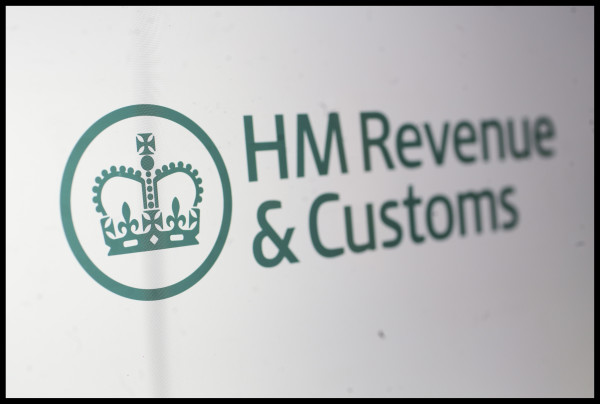

Clients impacted by the loan charge should not wait until they receive a letter from HM Revenue & Customs but be proactive about dealing with their tax affairs, a tax specialist has warned.
It was announced just before Christmas that following a review the legislation introducing the loan charge will be revamped, signalling a major U-turn by the government.
Those affected have several options for what to do next as the government prepares to change the rules.
Under the new rules the charge will only apply to the period after 2010, instead of 1999 as was previously the case.
On top of this, the loan charge will no longer apply to users of loan schemes between December 9, 2010 and April 5, 2016 who fully disclosed their schemes on their tax return, which HMRC then failed to take action on.
Consumers still levied with the charge will be allowed to defer their filings and loan charge liability until September 2020 and can split the loan balance over three tax years to make the bills more affordable as part of the changes.
George Bull, senior tax partner at RSM, urged taxpayers to consider what the new rules mean for them and act accordingly.
He said: "The changes announced by HMRC will affect different people in different ways. Everybody with a loan charge liability needs to work out how they will be affected and what they should do now.
"It would be unwise to simply wait for the arrival of the letter from HMRC, particularly if a self-assessment return for 2018/19 is required.
"Some people may be able to, and may wish to, defer submission of their 2018/19 tax returns. However, the implications must be considered carefully and understood, so that an informed decision can be made on the approach to be adopted.”
Mr Bull said HMRC would write to affected taxpayers it is aware of in early 2020 to explain how the changes apply to them.
The taxman has confirmed self-assessment returns for 2018/19 can either be filed by January 31, 2020, giving a best estimate of the tax due, or filed by 30 September 2020.
He added: "HMRC will waive penalties for late filing, late payment and inaccuracies in respect of loan charge entries in these returns. Late payment interest will not be payable for the period from 1 February 2020 to 30 September 2020, provided that a return is filed and tax paid, or an arrangement made with HMRC to pay, by 30 September 2020."
Mr Bull also said clients who still have a tax bill can “elect to spread the loan charge by recognising the amount of the outstanding loan balance across three tax years (2018/19, 2019/20 and 2020/21)."
Any taxpayer who has already made a settlement with HMRC, prior to the legislation being implemented, will get a refund.
The loan charge relates to people who worked and received their remuneration through loans, which are not taxable, rather than a salary, which is. The loans were never intended to be repaid resulting in the tax office treating them as tax avoidance, although the loans were legal at the time.
The loan remuneration structure was considered above board for the years it was used until HMRC clamped down following the bankruptcy of Rangers FC, which had been operating a similar scheme.
This led to widespread action and the process was outlawed, but HMRC chiefs also wanted to apply the law to previous cases and were pursuing people who used a loan payment scheme as far back as 1999.
The review, conducted by Sir Amyas Morse, recommended a series of reforms to ensure “fairer treatment” of those affected and “better protections” for the most vulnerable.
While the review acknowledged there was a clear public interest in preventing the use of loan schemes to avoid tax, it concluded the loan charge “went too far” by overriding taxpayers’ statutory protections by "applying an unprecedented 20-year look back period and failing to adequately consider the serious distress" it would cause those affected.
The review also identified failings in the approach HM Revenue & Customs took to enforcing the policy, saying in some cases this had fallen short of the standards the public had a right to expect, particularly in cases where life changing sums of money were at stake.
The government agreed to accept all but one of the recommendations put forward by Sir Amyas in his report.
According to the Treasury the measures are estimated to reduce bills for more than 30,000 people — more than 60 per cent of the total number of those subject to the loan charge — and about 11,000 will be will be taken out of it altogether.
david.thorpe@ft.com
What do you think about the issues raised by this story? Email us on fa.letters@ft.com to let us know.




